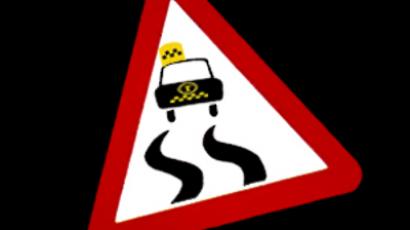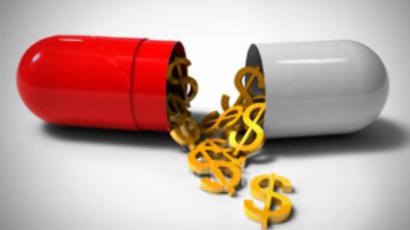Russian traffic: behind the grim statistics
The first global conference on road safety has opened on Thursday in Moscow, to join efforts in tackling traffic injuries, which are among the leading causes of death and disability worldwide.
Russian President Dmitry Medvedev has attended the event where he made a speech on the issues of international co-ordination to achieve better road safety worldwide.
The President brought statistics, according to which 3,500 people die in car crashes daily around the world with the final number well exceeding 1,000,000 people every year, which is equivalent to the disappearance of a large city. One fifth of these fatalities are children. Many more people – over 50 million – are injured and become physically handicapped. Over 90% of deaths resulting from road incidents are registered in countries with low to moderate income levels.
Russia’s road accident mortality rate is currently the highest in Europe.
“If this tendency does not change, road incidents will eventually become the third-largest health threat, together with cardiovascular diseases,” warned Medvedev.
The Russian president also pointed out that the cost of all these crashes combined is estimated at no less than US$500 billion, of which US$100 billion of expenses fall on developing economies.
Dmitry Medvedev appealed to the international community to co-ordinate legislation in different countries so that reckless drivers whose driving licenses have been suspended do not have the right to operate vehicles abroad.
According to Russian police, since the beginning of the year there have been more than 160,000 road accidents, and over 20,000 people have died. 10,000 accidents were caused by drink driving.
Evgenia Voskoboynikova was on her way home from a club when her friend offered her a lift, but he turned out to be under the influence.
“We were asking him to stop but he didn't listen. Then he saw a police car and instead accelerated,” remembers Evegenia. “Our car slid off the road, turned over and hit a lamp post.
Evgenia used to be a model, but her dreams of the catwalk were smashed, and since then the victim of a drunk driver has been left in a wheelchair.
At the same time more than 25,000 accidents are thought to have been caused by poor road conditions.
But according to activists, the problem is much bigger than just bad roads and alcohol…
Viktor Travin, the Head of legal protection board sees the root of evil in“poor knowledge of traffic rules and laws by drivers and by the police. Almost nobody tries to find out the true causes of accidents and drivers who break the rules are not punished strictly enough!”
Buses are also raising serious concerns in Russia. Four have crashed this month already. The latest in the republic of Dagestan killed seven people, two of them children.
To get an idea of what traffic is like in Moscow all you need to do is take a ride. Sometimes doing an ordinary U-turn can make you mad, with cars going almost in all directions.
Members of racing clubs often use public roads as their tracks. However, these guys insist they are much more careful than other drivers.
“Racing makes you feel one with your car. And when we are on the road – I can tell you we get in accidents much less often than other drivers,” assures street challenger Yana.“We are used to being concentrated at all times when behind the wheel.”
The claims of racers seem dubious at best.
The government is trying to change the situation by raising fines, and improving roads.
However critics doubt that will do anything to fix the holes in the Russian motorists’ mentality.














